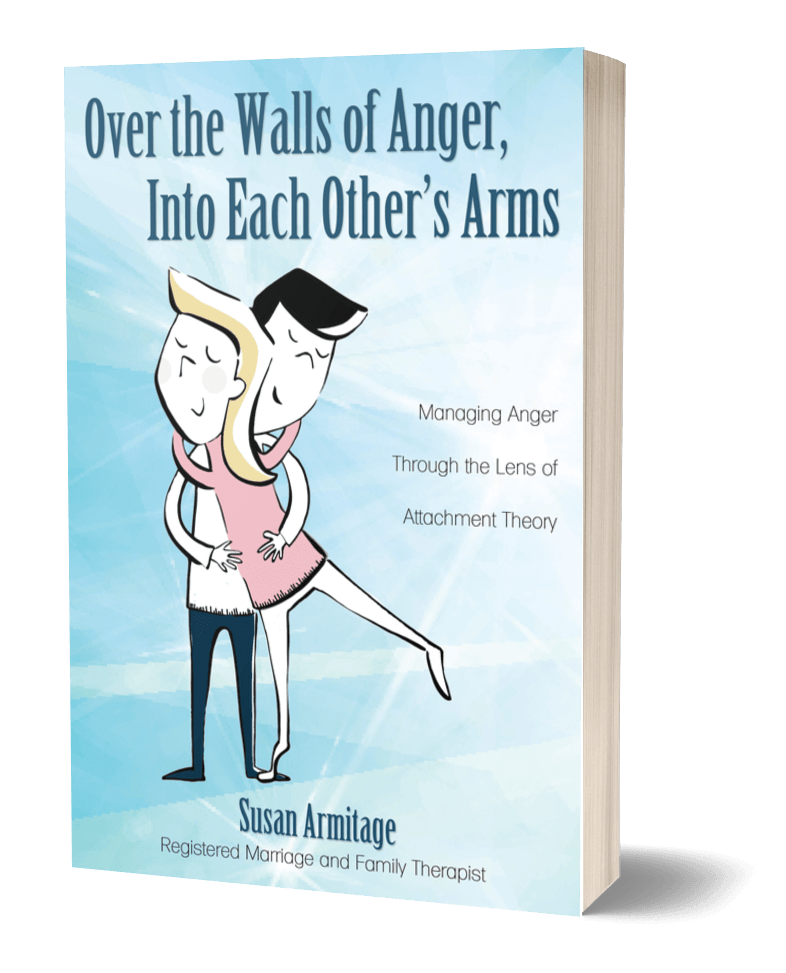Why do I get angry?
“I don’t know what happened; I was able to hold it in, and then in that moment I just lost it. I don’t know why I did that.”
It’s a common story, one I hear time and time again.
The truth is that the story they tell me is a small part of a much larger story.
At Rock of Peace, we have taken a keen interest and curiosity in anger, a journey that started with founder and director Susan Armitage working with clients and noticing themes with those she worked with. It’s lead to a book, Over the Walls of Anger, Into Each Other’s Arms, and development of programs that we use for those who come to us looking for support with their anger.
Everyone experiences anger. What makes it a fascinating emotion is the various ways that humans have learned what to do with it. For many, it’s an emotion that is seen as bad, or wrong, or problematic. As we dig deeper, the “bad” is attributed typically to the expression of anger rather than the emotion. It’s about the behaviour.
This contributes to a cycle in one’s behaviour. A situation happens, maybe one that has happened repeatedly. A partner does or says something, and the situation escalates to a point where you get angry, and you respond in a hurtful manner. From there, you go your separate ways, and after having some time to think about it you realize your mistake. There’s regret, maybe some guilt, possibly shame, and you’re left with wondering how this happened or why you did that. There may be a vow to never do that again.
The Over the Walls of Anger book provides an understanding for that question of why I get angry. “What if I were to tell you that much of your anger happens because when you are hurt, you fear disconnection and therefore want to draw your partner closer for comfort? And that, in order to do so, ironically, you react by emotionally pushing your partner away with your anger?”
It’s important to recognize that responding out of our anger is not only the person who expresses their anger verbally or physically. The introduction continues to explain that this fear of disconnection can have people respond both by an aggressive outward expression, or an inward silent expression as well. Answering the question of why you respond the way that you do is a topic that will come later.
The reality is that with our anger, one of the best tools to help us learn how to respond in ways that help foster that connection rather than hurt it is by growing in our self awareness. “A healthy self-awareness includes becoming aware of your own contribution to anger as well as recognizing your inability to control anything or anyone other than yourself” (pg. 7).
Sam Allison, MDiv., RP
Certified Anger Management Specialist (CAMS)
Certified Domestic Violence Specialist (CDVS-II)
At Rock of Peace Counselling we have tailored programs based on our book, Over The Walls Of Anger, Into Each Other's Arms to help your relationship thrive. Here is the link: https://www.rockofpeace.com/book

